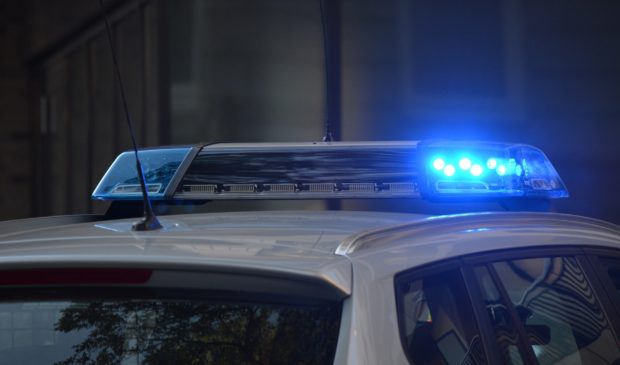APD’s curtailed operations could impact equity
Wednesday, March 25, 2020 by
Jessi Devenyns Last week, the Austin Police Department announced changes to its daily operations in response to the COVID-19 pandemic. While there will be no change to the department’s response to critical calls where life and safety are jeopardized, smaller offenses and administrative tasks have taken a back seat.
APD will no longer respond to low-priority calls such as car crashes where both vehicles are drivable and there are no injuries. Officers will enforce non-hazardous traffic violations at their discretion. The department has restricted access to its police headquarters and substations. Sex offender check-in operations have been altered so that current offenders will have appointments rescheduled at a future date; newly released individuals will still be processed. Police reports will only be accessible online and public fingerprinting services are suspended. Adjustments to police operations have not reduced the number of police officers patrolling Austin.
These scaled-down operations are intended “to mitigate the disease impact while still maintaining our public safety responsibilities,” according to a memo released by the department. A spokesperson for the department told the Austin Monitor that further restrictions or adjustments to response protocols will be made as necessary to respond to the evolving situation.
Chas Moore from the Austin Justice Coalition told the Austin Monitor that the department’s decision to make non-hazardous traffic violations like broken taillights or expired registration a discretionary offense is a positive outcome resulting from otherwise trying circumstances. “I think it’s allowing people to think about the role of police,” he said. The feedback Moore has heard from the community is that these protocol alterations have relieved stress and anxiety for many people.
“I think the reality is the officers have always had discretion on whether to enforce non-hazardous violations,” criminal justice advocate and member of the Public Safety Commission Chris Harris told the Austin Monitor. “I think the fact that they are discouraged is a good sign and one that has the potential to limit the criminalization of poverty in our community.”
Austin Police Association President Ken Casaday told the Monitor, “To me it’s not an equity issue.”
“We typically don’t write tickets for those offenses anyway,” he said. He noted that pre-pandemic, officers already had discretion when pulling over vehicles for non-hazardous violations.
Under APD’s new procedures, citizens can file incident reports with dispatchers who will send the reports to officers by phone. Officers will follow up on an as-needed basis.
While an APD spokesperson said current response protocols would remain in effect until the crisis passes, Moore countered that perhaps the department should reconsider what “normal” operations constitute.
“Going back to normal means we go back to strict policing in black and brown neighborhoods,” he said. He thinks the current state of APD operations has allowed for the introduction of compassion into the criminal justice system.
Casaday explained that ticketing people for expired registrations and lack of vehicle inspections is a safety issue.
Harris told the Monitor that while some of these interim policies may put a halt to the criminalization of poverty, it is an inadvertent result. The measures, he said, are clearly intended to protect the officers’ and the public’s health.
In addition to updated response protocols, the police department has given officers direction on when and how to use personal protective equipment.
The Austin Police Department said it is “too early to tell” if these new measures will lead to any changes in crime rates.
Even without finalized numbers, Casaday said, “I think you’ll see arrests go down drastically. I think you’ll see citations go down.” He predicts instances of family violence to increase and said there has been a spike in violent crime in the last week in Southeast Austin.
Harris said it will be difficult to draw conclusions from crime numbers published during this period as Austinites’ behaviors are radically altered due to public policy measures limiting interactions. He noted that with fewer residents driving, less traffic enforcement is required.
Still, Harris said he is hopeful that discouraging the enforcement of minor, non-hazardous traffic violations is a practice that will continue going forward. Moore voiced a similar opinion. “It’s crazy we’re getting all these social justice wins on the back of a pandemic,” he said.
The Austin Monitor’s work is made possible by donations from the community. Though our reporting covers donors from time to time, we are careful to keep business and editorial efforts separate while maintaining transparency. A complete list of donors is available here, and our code of ethics is explained here.
You're a community leader
And we’re honored you look to us for serious, in-depth news. You know a strong community needs local and dedicated watchdog reporting. We’re here for you and that won’t change. Now will you take the powerful next step and support our nonprofit news organization?










